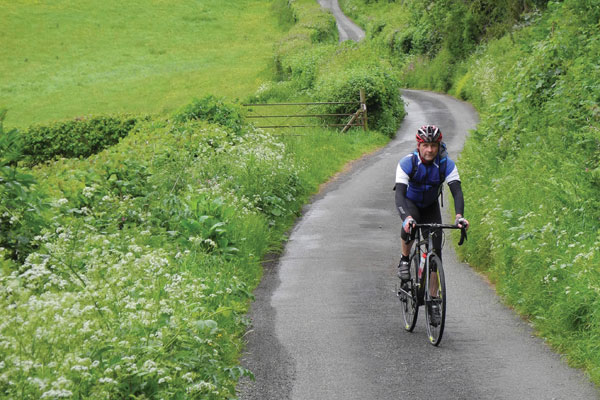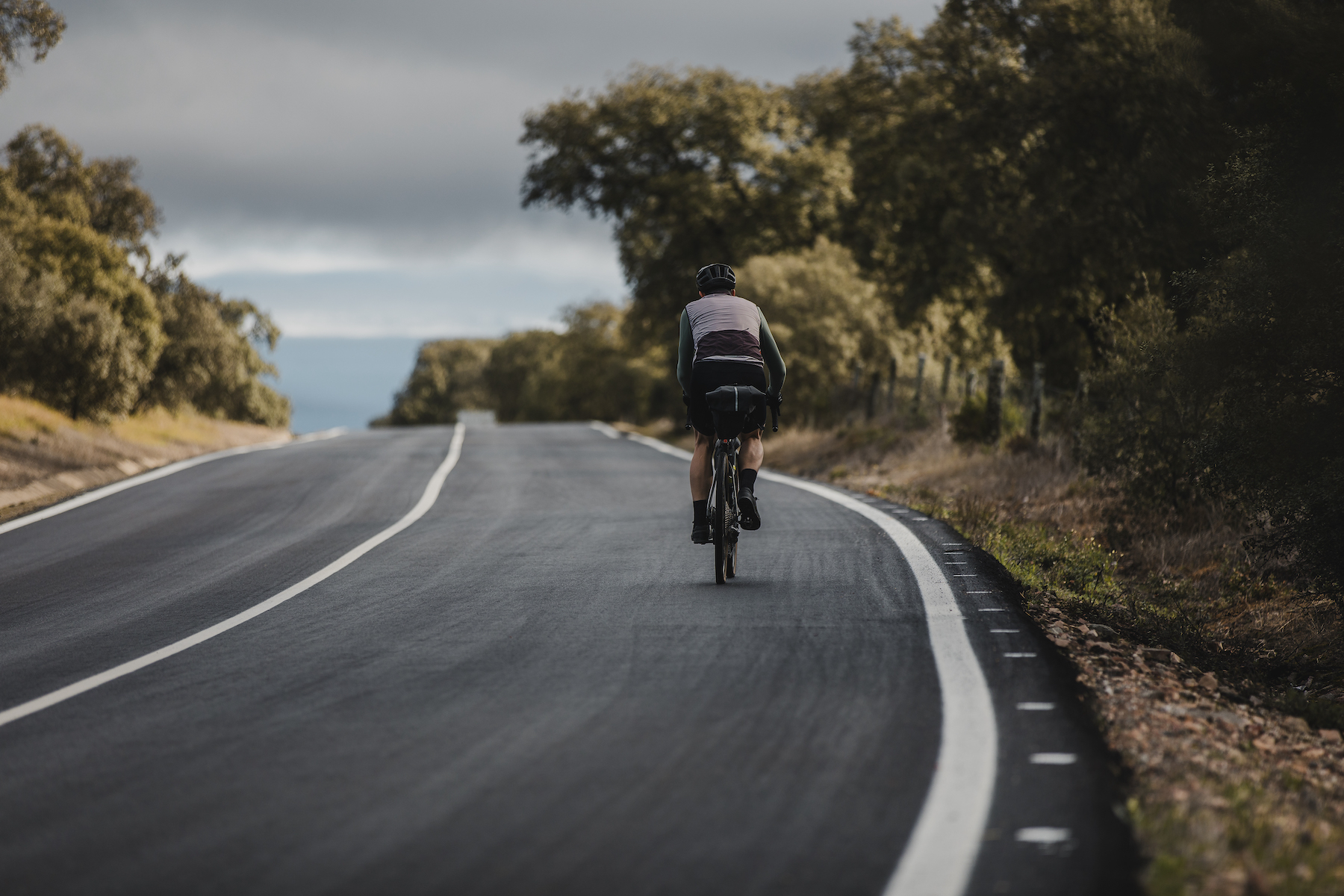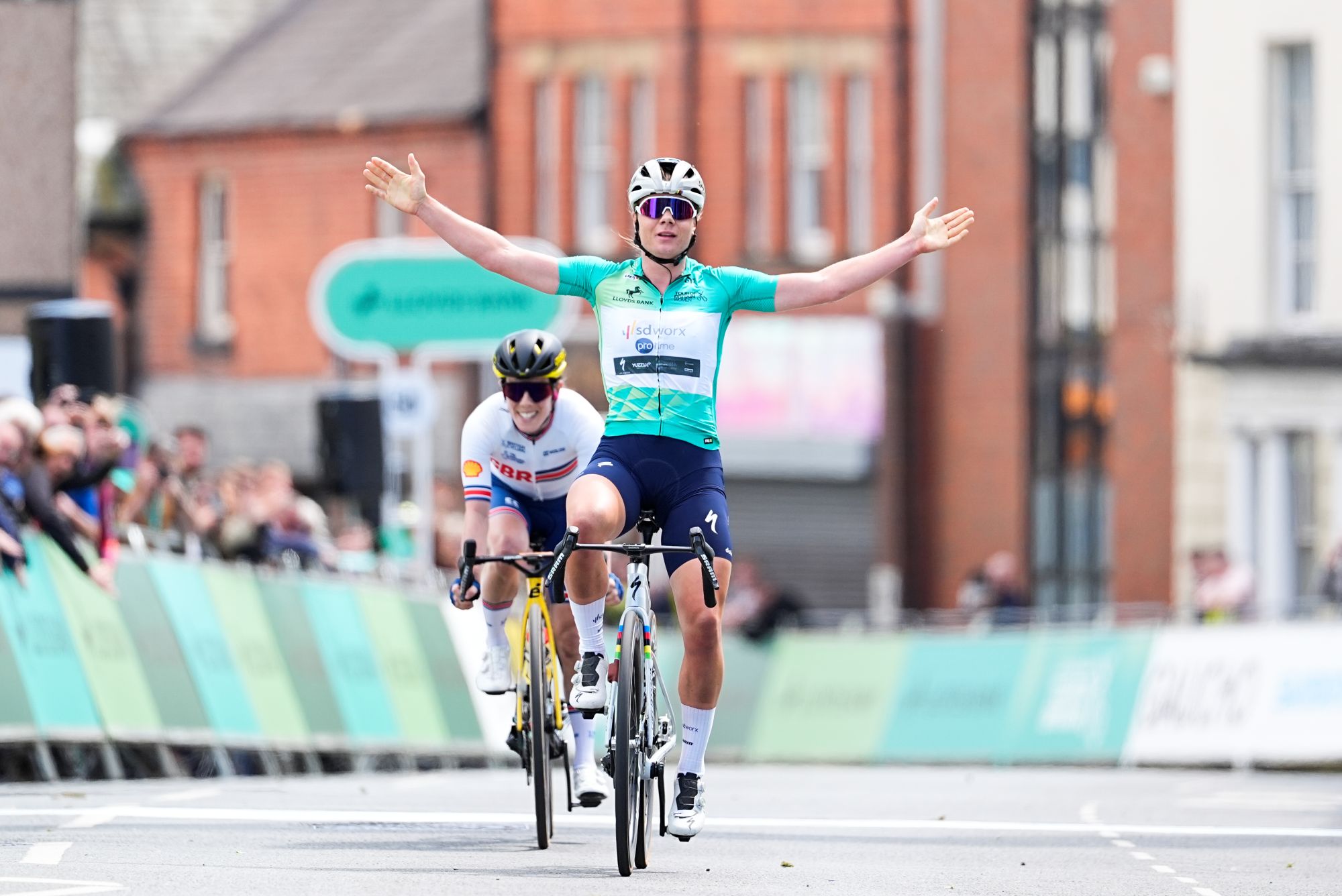Q&A: When to return to training

I'm a regular cyclist and swimmer; I also visit the gym twice per week for cycling focused weights etc.
When the weather's ok (living in South West Wales there are days when it's just too wet and windy) I cycle 150 miles a week for commuting plus whatever I can slip in for outings, so between 50 to 200+ miles per week. At 57 my Doctor tells me I'm exceptionally fit for someone in my age group.
I was recently diagnosed with gall stones and have been controlling the symptoms with diet (very simple, avoid all fats and minimum alcohol) and I don't smoke.
The ‘attacks' are becoming more frequent and I will be having surgery soon to remove my gallbladder; if it goes as planned I will be having a laparoscopic cholecystectomy. How soon after surgery can I start light exercising again and then return to my normal cycling and swimming routine?
Nigel Doyle
Nigel, gallbladder removal sounds a lot more serious than it actually is, the NHS reports upwards of more than 60,000 operations per year and its rare that complications occur that would significantly delay a return to exercise at the previous levels.
The good news is that the invasive, open-surgery technique of a single large opening in the abdomen to remove the gallbladder, has been replaced by the laparoscopic process that is basically keyhole surgery that involves a far less invasive operation. It's fairly common for patients to leave hospital the same day as the operation and rare that you'd be kept in longer than an overnight stay for observation
The outcome of this is that the return to light exercise is fairly quick and a gradual return to full training can take place soon after. In all cases following surgery the doctors instruction is key and you'll be given a follow up appointment usually about 2 weeks following surgery, so this should be the point at which you decide that you are ready or otherwise to resume full training.
Providing there are no complications, light exercise might be possible before this if the doctors advise you to do so.
For riders as active as you clearly are, even a few days can seem like an eternity off the bike but be patient, the fitness benefits gained from the kind of high-mileage riding you are doing will not readily disappear and your doctor's estimation that you are ‘exceptionally fit' stands you in good stead for a quick return to full exercise volume in a short period.
Get The Leadout Newsletter
The latest race content, interviews, features, reviews and expert buying guides, direct to your inbox!
In the longer term people with no gallbladder can live a perfectly normal life but you'll probably have to continue with the low fat restrictions, as the primary roll of the gallblader is to produce the bile that breaks down fatty food.
So you'll need to minimize high fat foods and protein derived from animal sources in your diet in favor of carbohydrate sourced from fruits, vegetables, whole grains and low-fat dairy sources.
Huw Williams, BC Level Three Coach
This article was first published in the July 5 issue of Cycling Weekly. You can also read our magazines on Zinio and download from the Apple store.

Thank you for reading 20 articles this month* Join now for unlimited access
Enjoy your first month for just £1 / $1 / €1
*Read 5 free articles per month without a subscription

Join now for unlimited access
Try first month for just £1 / $1 / €1
Founded in 1891, Cycling Weekly and its team of expert journalists brings cyclists in-depth reviews, extensive coverage of both professional and domestic racing, as well as fitness advice and 'brew a cuppa and put your feet up' features. Cycling Weekly serves its audience across a range of platforms, from good old-fashioned print to online journalism, and video.
-
 'This is the marriage venue, no?': how one rider ran the whole gamut of hallucinations in a single race
'This is the marriage venue, no?': how one rider ran the whole gamut of hallucinations in a single raceKabir Rachure's first RAAM was a crazy experience in more ways than one, he tells Cycling Weekly's Going Long podcast
By James Shrubsall
-
 Full Tour of Britain Women route announced, taking place from North Yorkshire to Glasgow
Full Tour of Britain Women route announced, taking place from North Yorkshire to GlasgowBritish Cycling's Women's WorldTour four-stage race will take place in northern England and Scotland
By Tom Thewlis